Pneumonia and the Elderly: Prevention & Early Detection
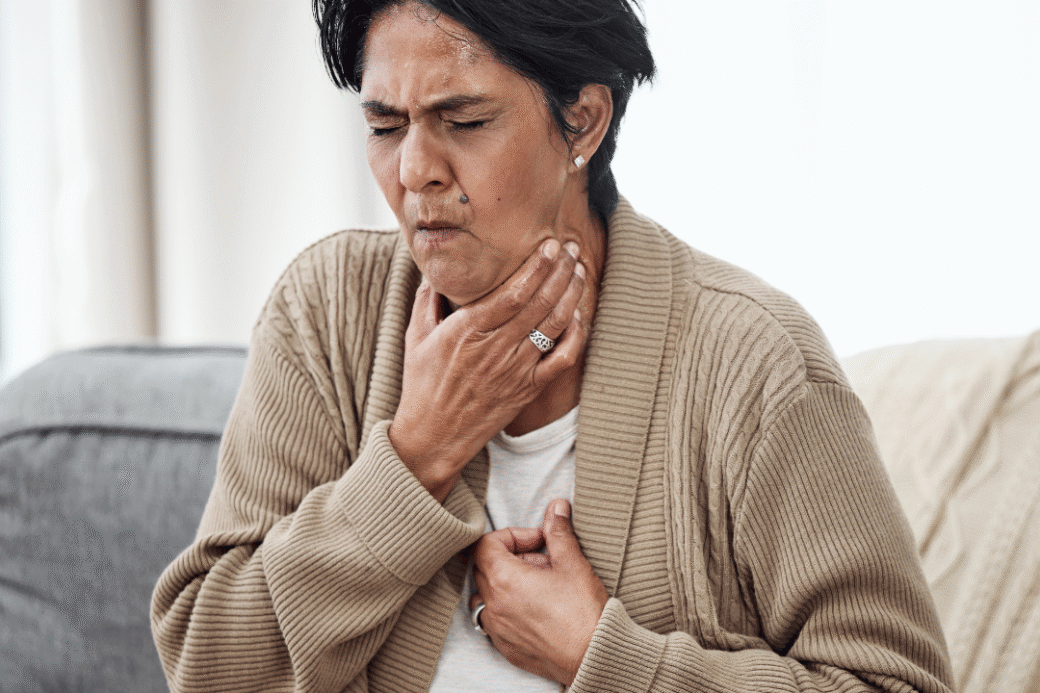
Pneumonia and the Elderly: Early Detection & Prevention
Pneumonia can be particularly dangerous for seniors, making prevention and awareness critical. Pneumonia and the elderly are closely linked due to weakened immune systems, chronic conditions, and increased exposure to communal living environments. Recognizing symptoms early and supporting immune health are essential to managing this serious condition in older adults.
At MD Senior Living, we focus on educating families and caregivers about how to reduce risks and respond quickly when pneumonia is suspected. From vaccines and hygiene to lifestyle changes and timely care, each step helps protect your loved ones. Learn how to build a strong defense against this silent threat.
Understanding Pneumonia Risks in the Elderly
To understand how pneumonia affects seniors, it’s essential first to consider their physical vulnerabilities. Pneumonia and the elderly are often linked due to age-related immune decline. Pathogens like Streptococcus pneumoniae or respiratory viruses spread quickly in nursing homes, assisted living facilities, or even during hospital stays.
Elderly individuals are also at higher risk for aspiration pneumonia, especially if they experience swallowing difficulties. As a result, the survival rate of 80-year-olds with pneumonia and the survival rate of 90-year-olds with pneumonia tend to be lower than in younger patients. Early intervention is key, mainly when symptoms include persistent cough, fever, or sudden confusion.
For additional tips, visit our article on respiratory disease prevention in seniors.
The Importance of Vaccinations
Vaccinations remain one of the most effective defenses for pneumonia in the elderly. Older adults should receive both the annual flu shot and the pneumococcal vaccine. These vaccinations reduce hospitalizations, complications, and fatalities, particularly in individuals with chronic illnesses or weakened immune systems.
Raising awareness of immunizations can significantly improve health outcomes. Encouraging your community to get vaccinated could save lives, especially when considering the lower survival rate of a 90-year-old with pneumonia. At MD Senior Living, we recommend regular vaccine reviews during check-ups to ensure no dose is missed.
Discover the comprehensive benefits of therapeutic activities in maintaining both physical and cognitive well-being among seniors.
Maintaining a Healthy Lifestyle
A healthy lifestyle is foundational in preventing pneumonia in the elderly. Seniors should focus on:
- A nutrient-rich diet with vitamins that support immune health
- Hydration, which keeps the respiratory tract clear
- Physical activity, such as chair yoga, walking, or light aerobics
- Quality sleep supports the immune system
- Clean living spaces to reduce exposure to pathogens
Adding strength training routines also helps improve lung capacity and reduce the risk of complications. Learn how in this guide to senior fitness success.
Recognizing Early Symptoms
Early detection of pneumonia in seniors saves lives. Coughing, fever, chest pain, and confusion are common signs that something is wrong. Don’t wait for the illness to escalate.
Family members and caregivers must be aware of subtle signs. Confusion or changes in behavior are often the first indicators in seniors. Rapid breathing and fatigue may follow. Recognizing these warning signs early increases the odds of successful treatment for pneumonia in elderly individuals.
Chronic illnesses can mask these symptoms, making awareness even more important. Learn more about common chronic conditions in seniors that may complicate pneumonia recovery.
When to Seek Medical Care
Prompt medical attention is critical when pneumonia is suspected. For seniors, the stakes are high. The survival rate of an 80-year-old with pneumonia drops significantly if treatment is delayed, and for those in their 90s, this risk is even greater.
Seek help if symptoms such as shortness of breath, a sudden drop in oxygen levels, or high fever arise. Telehealth services can help provide fast consultations and determine if emergency care is needed.
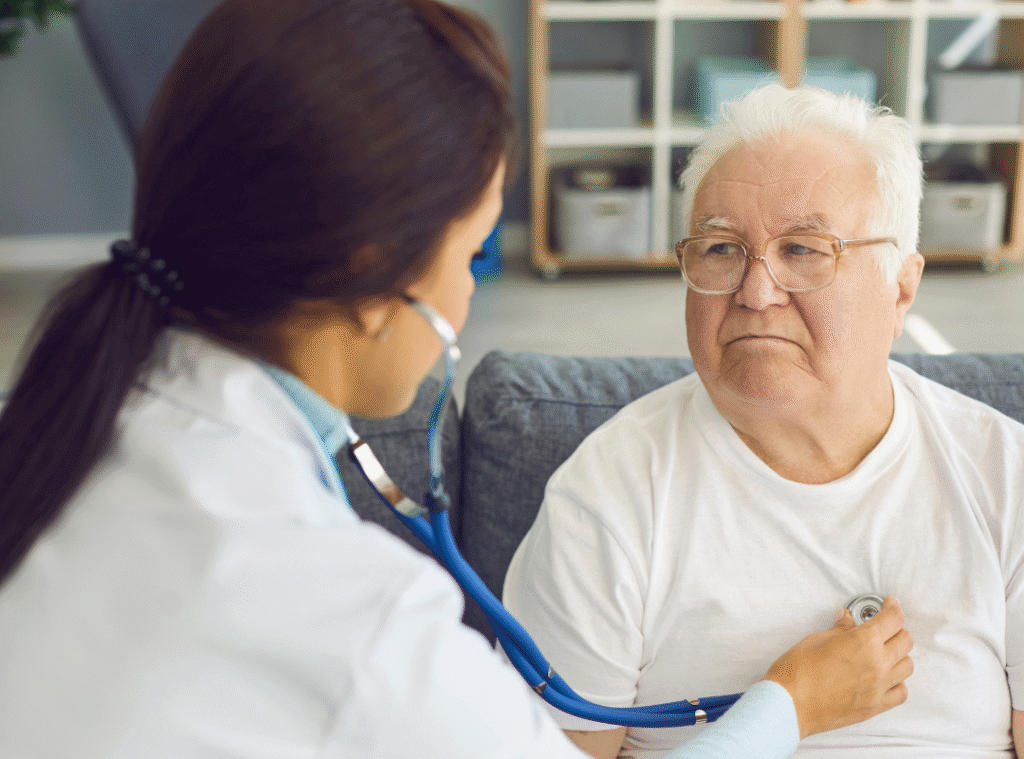
Regular Check-Ups to Prevent Complications
Routine medical visits help identify and manage risk factors for pneumonia. Doctors can review medications that may suppress the immune system, assess lung function, and ensure vaccinations are up to date.
Regular screenings and wellness exams also help detect signs of chronic conditions that may contribute to pneumonia risks. These checkups offer a proactive approach for individuals at risk, enhancing the odds of survival, even in late-stage cases.
Ensuring Good Hygiene Practices
Proper hygiene helps stop the spread of germs, protecting both the elderly and their caregivers. Best practices include:
| Practice | Why It Matters | How Often |
| Handwashing | Prevents transmission of pathogens | Multiple times daily |
| Respiratory etiquette | Stops droplets from spreading | Every sneeze/cough |
| Surface sanitizing | Kills bacteria on high-touch areas | Daily or as needed |
| Social distancing | Reduces exposure to infections | During outbreaks |
Clean environments and hand hygiene can dramatically reduce pneumonia and the elderly transmission rates among the elderly, especially in group settings.
Creating a Supportive Living Environment
Seniors thrive in environments that prioritize air quality, mobility, and mental stimulation. Proper ventilation reduces airborne bacteria. Activity programs and social connections support emotional health, which also impacts physical recovery.
To further reduce pneumonia risk:
- Keep rooms clean and clutter-free.
- Use air purifiers to reduce allergens.
- Promote social engagement to avoid isolation.
- Educate staff and family on pneumonia symptoms.
- Encourage independence with safety measures in place.
Understanding the End-Stage of Pneumonia in the Elderly
In advanced cases, pneumonia can become life-threatening. What is the end-stage of pneumonia in the elderly? It typically involves severe respiratory distress, low oxygen levels, multi-organ failure, and altered consciousness. Comfort care may become the priority.
Family discussions around hospice and end-of-life choices should begin early when pneumonia becomes recurrent or complicated by other illnesses. Knowing the signs of end-stage pneumonia in the elderly empowers loved ones to make informed, compassionate decisions.
This National Institute on Aging guide offers more details on late-stage pneumonia and care planning.
Treatment for Pneumonia in the Elderly
Treatment for pneumonia in elderly individuals depends on the severity and type of pneumonia. Most cases require antibiotics, oxygen therapy, and close monitoring. For more severe cases, hospitalization is often necessary.
Supportive care, such as IV fluids, bronchodilators, or corticosteroids, may also be needed. For seniors with existing respiratory conditions, care becomes more complex. Rehabilitation and follow-up care are essential to restore strength and prevent relapse.
For added peace of mind, this Cleveland Clinic article outlines typical pneumonia treatments and recovery paths.
Protecting Loved Ones from Pneumonia
Protecting seniors from pneumonia means being proactive at every level—from vaccines to early symptom awareness. Understanding the survival rate of an 80-year-old with pneumonia and especially the survival rate of a 90-year-old with pneumonia, highlights the need for fast, effective care. Staying alert and informed helps improve outcomes.
At MD Senior Living, we believe in comprehensive care that includes regular check-ups, a healthy lifestyle, proper hygiene, and supportive environments. Whether you’re a caregiver or a concerned family member, taking these steps can significantly reduce risk.
Want to learn more or speak to a senior care expert? Contact us at MD Senior Living or call 480-418-9150 to discuss how we can help your loved one thrive in a safe, health-conscious community.
Frequently Asked Questions
What is the survival rate for pneumonia in the elderly?
The survival rate for pneumonia in the elderly varies based on overall health, timely treatment, and underlying conditions. For those over age 65, especially with comorbidities, the mortality rate can range from 10% to 30% in severe cases or hospitalizations. However, with early intervention and proper care, many older adults recover successfully. Preventive measures like vaccinations can improve outcomes.
What are the final stages of pneumonia in the elderly?
In the final stages, pneumonia in elderly patients may lead to respiratory failure, confusion, low blood pressure, and multi-organ failure. Breathing becomes labored, and oxygen levels drop significantly. At this point, palliative care may be considered to ensure comfort. Prognosis is often poor, especially in those with weakened immune systems.
How serious is pneumonia for the elderly?
Pneumonia is particularly serious for seniors due to weakened immune function and existing health conditions. It can lead to hospitalization, long recovery times, and complications such as sepsis or acute respiratory distress. Older adults are more likely to experience severe symptoms and may take longer to recover. Quick medical attention is critical to improve survival chances.
How long does it take for the lungs to heal after pneumonia?
Lung healing after pneumonia can take anywhere from a few weeks to several months, depending on age and overall health. Seniors may need extended recovery time due to slower immune response and possible complications. Fatigue and shortness of breath can linger even after the infection clears. Follow-up care and rest are essential for full recovery.


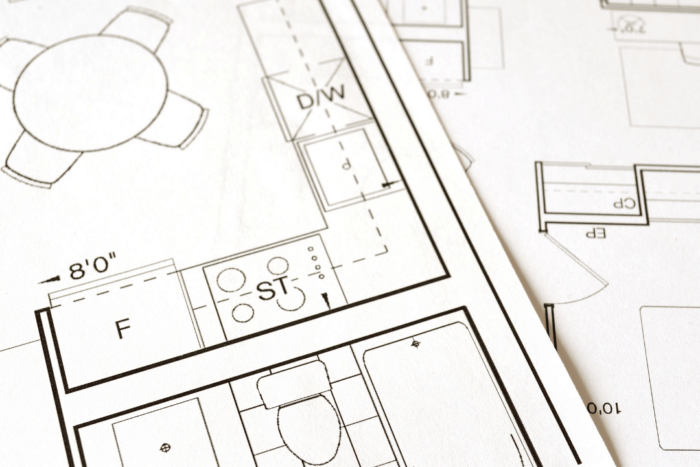

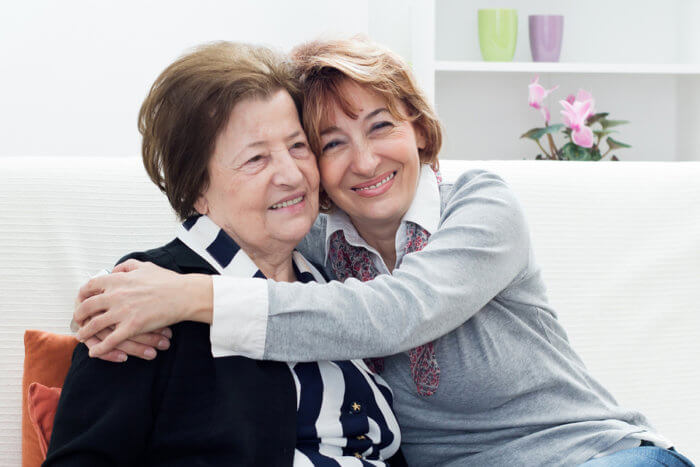
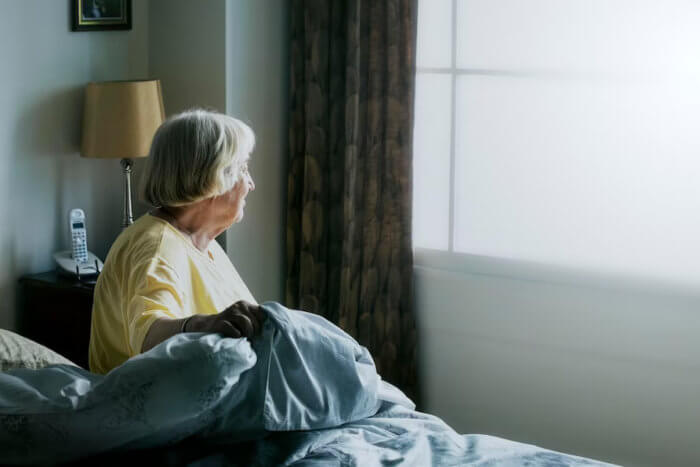
Leave a Comment